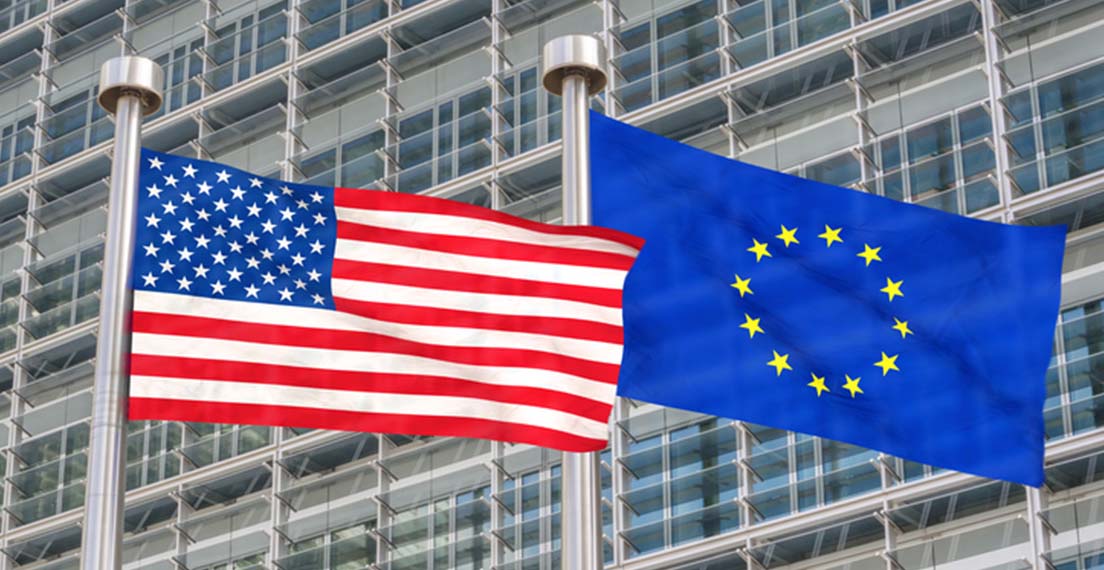Dispute cases in the World Trade Organization (WTO) take a notoriously long time to resolve, but there seems to be at least an outside chance one of the longest-running disputes affecting wheat trade could be nearing its last chapter. Three months ago, the United States and the European Union paused their respective punitive tariffs to work toward a negotiated solution in the long-running civil aircraft dispute over subsidies – often referred to as the Airbus/Boeing disputes. That détente temporarily ended tariffs on non-durum U.S. wheat imports.
Now the two governments are set to meet at a major summit next week, where trade, including the aircraft dispute, is expected to be a major topic.
High Hopes
The optimists have had high hopes for an aircraft dispute resolution since the Biden Administration took office. The campaign rhetoric included reinstating international partnerships and rebuilding multilateral institutions. The aircraft dispute even got major billing on Capitol Hill during then-USTR nominee Katherine Tai’s confirmation hearing. When asked about the potential for a resolution, she wittily quipped that “I would very much be interested in figuring out … how to land that particular plane.”
Both sides have been mum about details of what a resolution might look like, with only until July 11 before tariffs are set to snap back into place.
On The Other Hand
This leads us to the other side, where the cynics (your author included) strongly supported the four-month tariff suspension but know how hard it is to resolve such an intractable dispute in such a short time. The slow pace of confirming political nominees at USTR supports that opinion. The agency has an incredible team of career staff, and Ambassador Tai is quite capable of resolving the dispute. But will that be enough to tips the scales in favor of a long-term resolution? In search of an answer for that question, all eyes turn toward the upcoming U.S.-EU summit, slated for mid-June in Brussels.
Working toward a civil aircraft dispute resolution is one of many topics between the two governments. But the outcome will provide an early test of the Biden administration’s ability to find a trade policy solution that reopens markets and meets its self-stated priority for a “worker-centric trade policy.”
Wheat Trade Needs More Certainty
Industries like those engaged in the wheat trade on both sides of the dispute need predictability. A four-month delay may provide a boost of urgency to negotiators. Still, such short-term delays are challenging for flour mills and wheat exporters alike, leaving both with only uncertainty.
For example, if tariffs return, will shipments in transit be exempt? What about supplies contracted but not yet “on the water?” If a mill agrees to supply a specific flour customer, will they be able to purchase the wheat to meet those flour specifications?
If it becomes clear that no long-term resolution is possible ahead of the July 11 end of the tariff pause, negotiators would be widely praised by industry for quickly announcing an extension of the duty suspension.
Whether or not a permanent aircraft dispute resolution will be found is hard to predict. U.S. hard red spring wheat farmers will be watching the outcome closely, as will their valued European customers, anxious for the return of days when weather and prices were easier to predict than government barriers to trade.
By USW Vice President of Policy Dalton Henry


